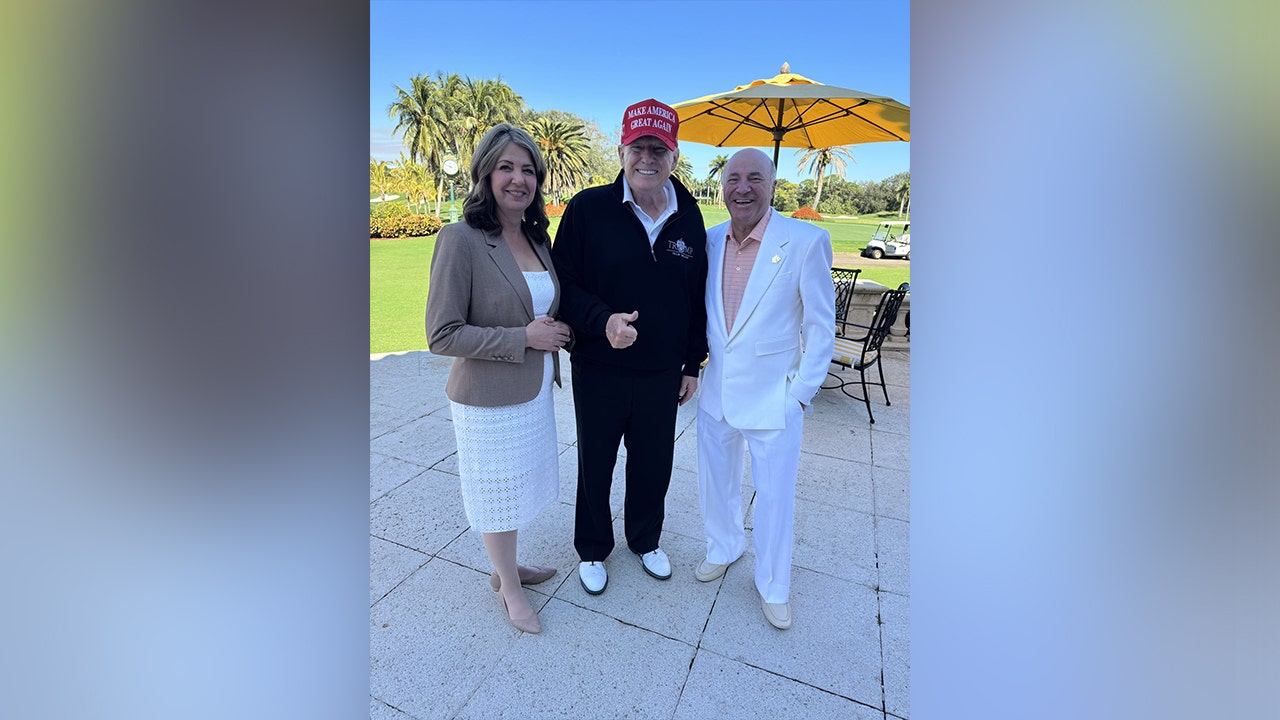I am unfortunately one of those people that has a stack of books piled up at home waiting for me to read, but for some reason never seem to set the time to make my way through my entire collection. And more books are published that sound amazing and inspiring to read. All We Can Save was one of those books that I purchased not long after it was published, but alas, it was put with the rest of my stack and became buried under other purchases. Fortunately, the All We Can Save book circle program, and the virtual meeting options offered by two different groups, was what I needed to finally dive into this text. I’m hoping this blog post will encourage others to place this book at the top of their reading list/pile and not make the same mistake I did and let it slip further down the stack…
The anthology All We Can Save – Truth, Courage, and Solutions for the Climate Crisis is a collection of 60 essays, poetry, and art created by diverse women to elevate their voices to the climate movement. This blog post is not a review of the book but a summary of the two book discussions/circles I participated in that focused on bringing individuals together around these narratives. I hope that my experiences will generate a spark for you to consider how you might best engage with this publication and the climate movement overall.
Women’s Aquatic Network (WAN) Book Circle
Finished the “All We Can Save” @WomensAquaticDC Book Club tonight and are grateful to our newly built community!
We feel re-energized and courageous 🌎🤟🌊
Continue the conversation by sharing your takeaway from the past 5-weeks. #BookClub #climateaction #womenleaders pic.twitter.com/ujnRBZgfIt
— Women’s Aquatic Network (@WomensAquaticDC) May 20, 2021
For complete transparency, I had never participated in a book club or discussion where everyone read the same book, besides events on campus around campus common reads. But seeing this opportunity from the Women’s Aquatic Network (WAN), open to anyone (not just WAN members) and with meetings in Zoom, I knew this would provide me the opportunity to read the essays in the book and discuss the content with others that are passionate about our planet and solutions needed to address climate change.
Natalie Holsclaw was one of the participants in the WAN circles, and her and I were grouped into the same Zoom breakout room for discussions. Here, she shares for this blog post a summary about the program and experience.
The Women’s Aquatic Network (WAN) held a virtual book club for the anthology All We Can Save. Each week book club participants would start in one Zoom room and the host would read a poem from the sections of the book that we would be discussing. This was followed by break out rooms of 5-6 people each with a group leader from the WAN board. The hosts tried to keep the same group members together throughout the duration of the book club, but some adjustments were made as a differing number of people attended each book club meeting. Each week we discussed two chapters of the book following the questions from All We Can Save Circles which are free to access on the book’s website (allwecansave.earth). These questions were often broad but deep and required some digging into the emotions and experiences that we have personally faced related to the climate crisis. These questions also forced us to think about how others are affected by the climate crisis and how it is tied to social justice. WAN fostered a safe, judgement-free environment that allowed members to comfortably share their thoughts and stories. Through these meetings we were able to gain a lot of insight from other group members about the different ways we have all been impacted by the climate crisis and the steps we should take moving forward.
I really appreciated being in breakout rooms with the same individuals, as we quickly grew comfortable sharing not just “what” we read but what it meant. We were comfortable discussing our own reactions to the writings in the book, how the content connect to our individual lives, what we found frustrating, what we saw as inspiring… I’m so thankful that WAN provided this opportunity to help each of us process these essays as a group and respond to the guided questions provided on the All We Can Save Circles website.
Interestingly, this one book circle experience with this anthology wasn’t enough for me. I still felt that I had much to work through and wanted to discuss this more. Perhaps having two sections of the book to read per week was too much to process at once. Maybe I just needed to read the book again to gain more insights, more of an appreciation for the work of women in the climate movements. It was time for me to find another circle and start this process again to move forward from where I had ended with WAN. Fortunately, that opportunity came very quickly…
Academy of Natural Sciences Book Circle
The Academy of Natural Sciences of Drexel University (Philadelphia, PA) hosted a weekly community discussion, also in Zoom, for All We Can Save. From June 23 – August 25, 2021, we were assigned to read one of the sections each week and followed the suggested discussion format from the Circles website. The sessions were led and moderated by museum staff, and we were emailed the questions ahead of time to know what direction the discussion would be heading.
The spacing and pacing of only one book section per week certainly allowed me the opportunity to take another look at the essays and see if the points I highlighted from reading the essays the first time were still the points that stood out to me. And I greatly appreciated being able to connect with people in my geographic region. There were a few participants from outside of southeastern Pennsylvania, but with such a regional focus, we could share local examples and efforts. The Academy staff were able to contribute their expertise and information about the museum to the discussions, which was an added bonus.
There are only two negatives to this circle, which are not the fault of the Academy. Because the program lasted over 10 weeks, it was difficult to block the time on the calendar to meet with the group every week, especially during the summer and with the beginning of the fall semester. I was disappointed I wasn’t able to be present for all of the sharing. Secondly, I’m disappointed the sessions are over! I know the Academy is looking forward to more book circles and writing up a blog post relating to All We Can Save, so I hope the discussions on climate solutions continue… (Other books suggested for possible book circles at the Academy included The Sound of the Sea – Seashells and the Fate of the Oceans, and 1,001 Voices on Climate Change).
Moving forward….

This is what your book may look like as you use lots of tiny Post-It Notes to mark the pages, because you don’t want to use a highlighter on the recycled paper the book is printed on!
So where do I go from here, now that I’ve had two opportunities to participate in virtual book circles? I will certainly keep an eye out for additional virtual book discussions, as there were so many benefits to being able to log in from where I was located and to fully participate. When it comes to All We Can Save, there is an excellent article that discusses how Postsecondary education is a vital training ground and intervention point for addressing the leadership crisis at the heart of the climate crisis. This article, in addition to the For Educators section of the All We Can Save website, provide numerous resources and ideas for how to use this book with students.
I can’t wait to hear even more examples of how educators are using All We Can Save. I know one faculty member is selecting particular essays for students to read, and then the class does a deeper dive into the science the essay focuses on. I’m having my students also read select essays from the book and complete a golden line assignment so they can reflect and connect to the content. I’m also going to be asking students to write their own All We Can Save essay at the end of the semester. The options and opportunities for integration of All We Can Save on a college campus are vast and exciting to consider – and important when we consider the critical conversations we need to be having and increasing in frequency when it comes to climate solutions.
See the publisher’s website for an excerpt and a look inside – once you start reading, you’ll want to pull the book from your pile of books waiting to be read!
Have you read, discussed, or used All We Can Save in your classroom? Please add comments below to continue the sharing!











/https://tf-cmsv2-smithsonianmag-media.s3.amazonaws.com/filer_public/34/31/3431771d-41e2-4f97-aed2-c5f1df5295da/gettyimages-1441066266_web.jpg)








Discussion about this post